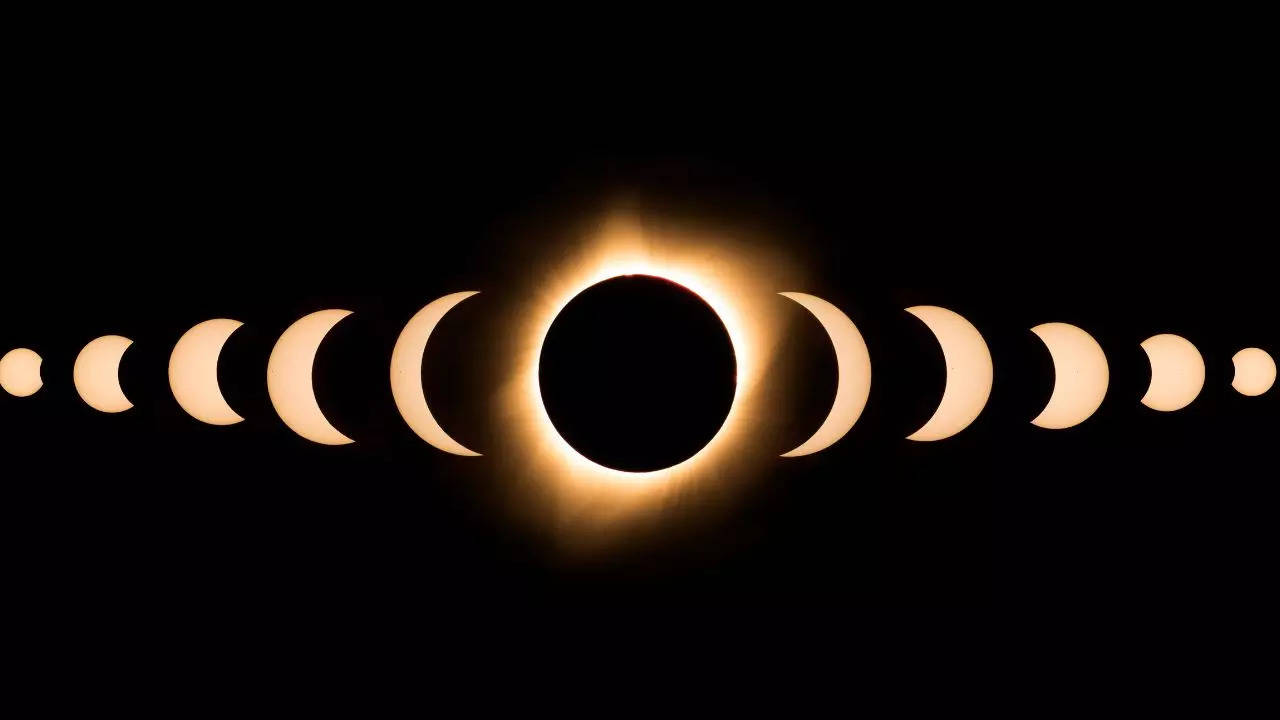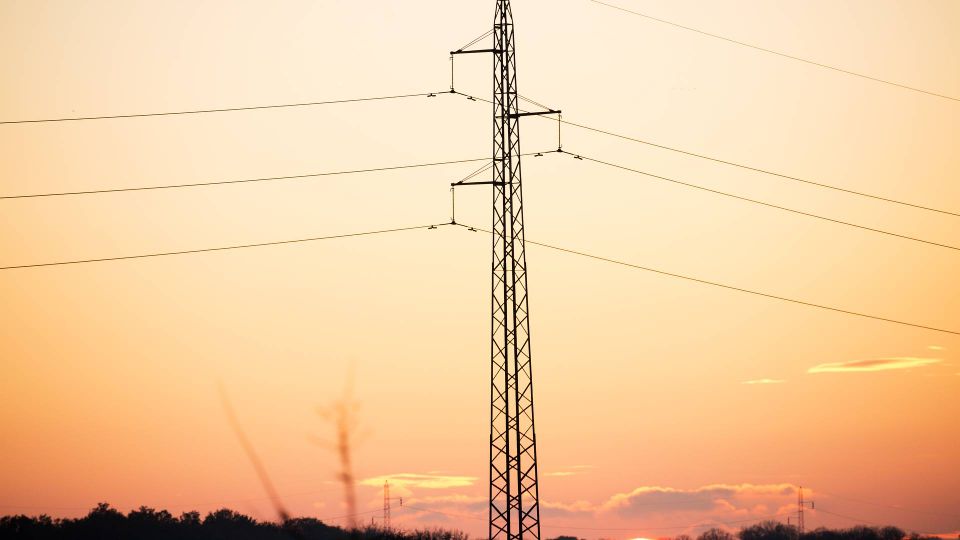Horoscope
Total Solar Eclipse 2024: Surya Grahan Sutak Kaal, Date And Time In India

Solar Eclipse 2024 Sutak Kaal Date And Time In India
Total Solar Eclipse: The first Solar Eclipse of 2024 is set to happen on Monday, April 8. A solar eclipse is one where the moon partially or completely covers the sun. This casts a shadow on the Earth. There are different types of solar eclipses depending on the alignment of the sun, moon, and Earth, this will be a total eclipse.
A total eclipse means the Sun would be completely hidden by the shadow of the Moon. According to Drik Panchang, the longest duration of totality would be 4 minutes and 28 seconds. However, the eclipse will begin at 9:12 PM on April 8th and end at 2:22 AM on April 9th.
The first solar eclipse will not be visible from India or any other Asian countries. The first total solar eclipse of the year can be seen from Canada, Mexico, and the USA. On the other hand, the partial solar eclipse would be visible from North America, some western parts of Europe, northern coastal parts of South America, the Pacific Ocean, the Atlantic Ocean, and the Arctic.
Surya Grahan 2024: What is Sutak Kaal?
There is a certain inauspicious time before Surya Grahan and Chandra Grahan which is known as Sutak. Drik Panchang says that according to Hindu beliefs, the Earth’s atmosphere is contaminated during Sutak and therefore, one should take extra precautions to avoid any harmful side effects due to contamination.
It is commonly believed that during solar eclipse sutak, 4 Prahars are observed and during lunar eclipse, 3 Prahars are observed before the eclipse. However, there are a total of 8 Prahars from Sunrise to Sunrise. Therefore, the Sutak Kaal for solar eclipse is observed for 12 hours prior to the eclipse and for 9 hours prior to the Lunar Eclipse.
Total Solar Eclipse 2024: Sutak Kaal in India
Since the Surya Grahan is not visible in India, there won’t be any Sutak Kaal in India. However, people living in parts of the world where the eclipse is visible can observe Sutak Kaal.










